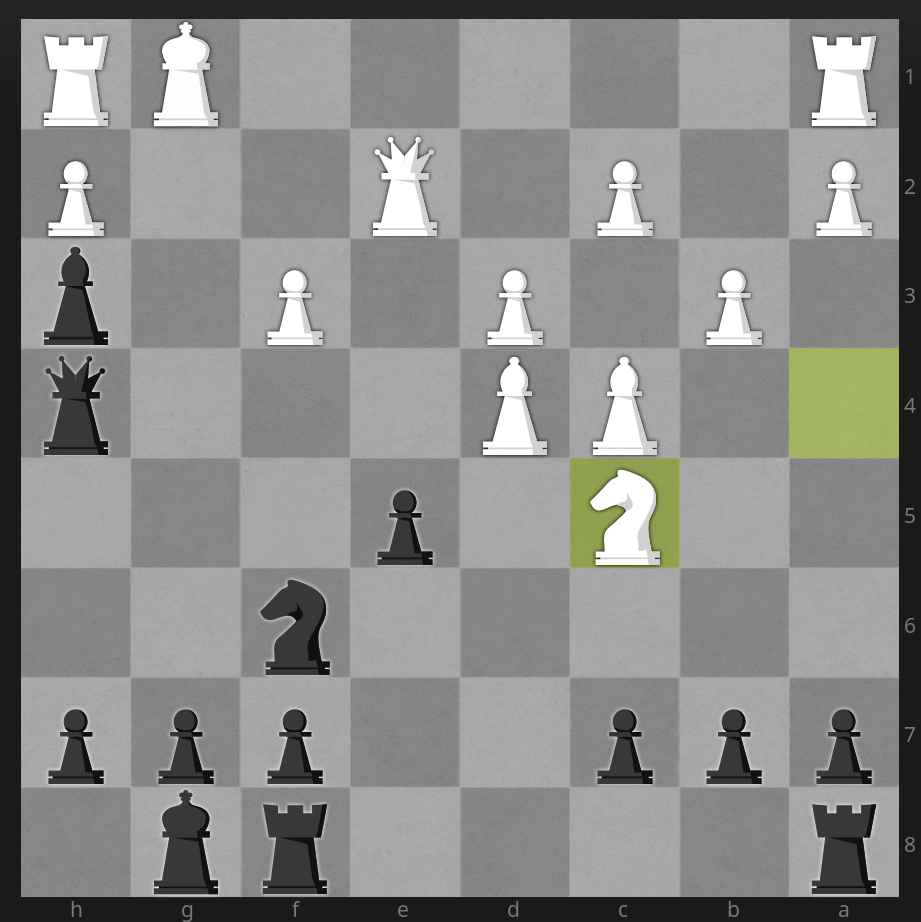Category: Uncategorized
-
Unemployment in America, Mapped Over Time
Unemployment in America, Mapped Over Time – http://flowingdata.com/2016/10/17/animated-map-of-unemployment/
-
a quick drawing
instead of hand-drawing the stripes I’ve matched them up with a digital tool after the original hand-drawn outline. not certain I like this (in fact―pretty certain I don’t) but it’s clear that I’m going to move somewhere here to progress. we’ll see what happens there. At any rate―behold something new.

-
Brick

This is a brick.
-
White keyboard layout
This is a pretty amazing use of programming and personal data to create a custom keyboard layout for yourself. Great read.
This scoring method is then evaluated on a collection of text that is representative of all text I’ve typed in the last five years, which produces a number representing the objective function. Specifically, I take all of my code, IMs, emails, and articles over that time period, remove any non-ASCII characters, and create a long word frequency list to be used in scoring layouts. Lastly I throw out any words that were not used more than 20 times over 5 years, for the sake of efficiency.
-
Your Personal Archiving Project: Where Do You Start?
http://blogs.loc.gov/digitalpreservation/2016/05/how-to-begin-a-personal-archiving-project/
Pretty great, low-key article about not losing your mind organizing things. I suspect this is easier when it’s not your stuff. Never really thought about how archivists archive and it’s interesting. Wish they’d addressed long-term digital storage formats. Would assume you’d use free software if possible.
-
Dedication
Impressive.
-
Image Optimization-Quick Script
Image Optimization-Quick Script http://blog.jdpfu.com/2016/03/24/image-optimization-quick-script
-
Václav Havel on the Temptations of Political Power
Politics is work of a kind that requires especially pure people, because it is especially easy to become morally tainted.
-
The Secrets of Surveillance Capitalism
So it is for me and perhaps for you: The bare facts of surveillance capitalism necessarily arouse my indignation because they demean human dignity. The future of this narrative will depend upon the indignant scholars and journalists drawn to this frontier project, indignant elected officials and policy makers who understand that their authority originates in the foundational values of democratic communities, and indignant citizens who act in the knowledge that effectiveness without autonomy is not effective, dependency-induced compliance is no social contract, and freedom from uncertainty is no freedom.
-
Patreon Moves To Give Users A Chance To Respond To DMCA Notices Before Taking Down Content
Patreon Moves To Give Users A Chance To Respond To DMCA Notices Before Taking Down Content http://feedproxy.google.com/~r/techdirt/feed/~3/d_G4j3_ltXw/story01.htm
-
The question
The key question isn’t, “what’s the answer?”
The key question is, “what’s the question?”
http://feeds.feedblitz.com/~/140043972/0/sethsblog~Worth-thinking-about.html
-
a tale of some meetings
I’ve been increasingly involved in meetings. Often these are productive and necessary fare, but sometimes they reach Dilbert-like levels of banality and un-productivity. As I was reading Winnie the Pooh to my kids tonight I was reminded of such a meeting in CHAPTER VII: IN WHICH KANGA AND BABY ROO COME TO THE FOREST, AND PIGLET HAS A BATH, where Rabbit has a meandering and hilarious PLAN TO CAPTURE BABY ROO.
Armed with a pencil sharper than his wits, Rabbit goes through eleven semi-connected points that are broken into an itemized list without respect for conventions of rational thought (and include frequent asides). His counterparts, Pooh and Piglet, stare blankly. Pooh doesn’t understand what was said at all, and Piglet meekly points out that the plan doesn’t have a conclusion by asking
“And―Afterwards?”.
It’s lovely. Please read it here. I share this because while I was reading Rabbit’s list I started laughing out loud―it reminded me of some of the worst qualities of bad meetings: a collection of loosely organized thoughts without an endpoint presented as a tightly-connected plan tied by a beautiful bow and impenetrable to question due to a lack of rational thought by its creator.
I doubt I’m the first to notice a similarity between the three of these―meetings, Dilbert, and Pooh―but it was too amusing to keep to myself.
(Side note: I’m saddened that Pooh is apparently “new” enough ― Happy *90th Birthday*, Pooh! ― to remain under copyright.)
-
Windows Now Showing Full-Screen Ads | Hacker News
https://news.ycombinator.com/item?id=11167964
The comment section is instructive.
-
In Rainbows, Radiohead, and Copyright
This is an aspect of Radiohead’s In Rainbows release I was not familiar with before reading this otherwise uninteresting (to me) article. In retrospect it makes sense that there was a mini-nightmare with respect to releasing this way and that copyright was a barrier. As the U.S. is finally entering discussions to amend copyright law for the 21st century we’re simultaneously being inundated with things like TPP which seemingly prevent us from making those improvements. Now would be a good time to reach out to you representatives. You can do that here.
[Radiohead] had to ensure no one outside the band contributed any work that might need a writing credit, to contain the rights issues as much as possible. In what was unchartered territory, they had to take the performing rights for In Rainbow away from the Performing Rights Society (PRS), which traditionally owns and administers those rights on behalf of artists – but in a way that did not alert anyone to the plans for In Rainbows’ release. “For online licensing, PRS has rules and rates that you have to abide by,” explains Dyball. “That would have prevented the band from doing their pay-what-you-like model, even though the band wanted to allow for publishing royalties to be paid.”
Dyball went to the society’s board with her pitch, asking that the rights for this one album be taken out of PRS. Although the songs were all written by the band, it was not a guarantee that the PRS board would agree to the band withdrawing their rights. It made it easier that the request came from Radiohead, whose stature was enormous. Consequently, In Rainbows was released as intended.
Source: No surprises: how unexpected album drops became the norm | Music | The Guardian
